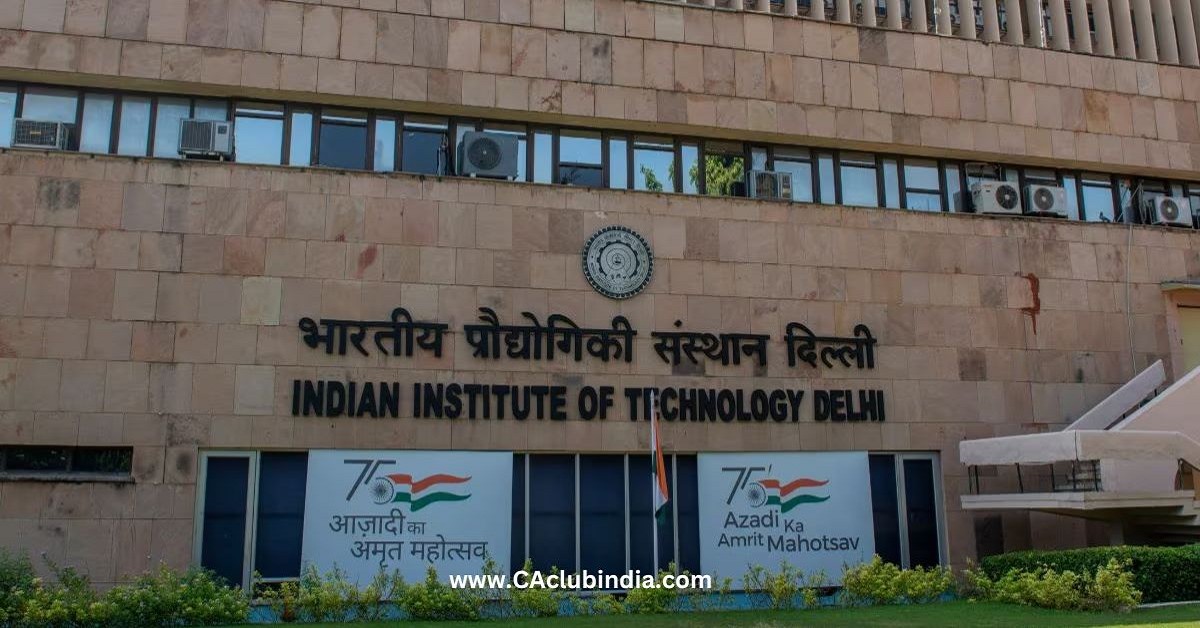Introduction
The Directorate General of Goods and Services Tax (GST) Intelligence has issued a show-cause notice to the Indian Institute of Technology-Delhi (IIT-D), demanding ₹120 crore in GST on research funding received between 2017 and 2022. The notice, which also includes interest and penalties, has stirred significant concern in the education sector. IIT-D has yet to respond to the notice.

Government Reaction
A senior Ministry of Education official described the notice as "unfortunate" and expressed the ministry's intent to challenge it. The official emphasized that government-funded research should be exempt from GST, calling the notice a "misinterpretation" of the law. "We believe this is a misinterpretation. In our view, GST should not be imposed on government-funded research," the official told.
Impact on Research and Education
The notice has sparked a broader debate about the impact of GST on educational institutions. The official expressed concern that such actions could discourage research, which should be encouraged and supported rather than treated as a taxable entity. "Regrettably, such notices are issued," the official lamented.
Wider Implications
According to a news portal, IIT-D is not alone in facing this challenge. Several other educational institutions, including central universities, well-known IITs, and state-run and private universities, have received similar notices from GST authorities.
A head of a private deemed university, speaking on condition of anonymity, voiced concerns over the financial burden this could place on higher education institutions. "Implementing GST on research funds to universities is a major setback for the growth of Indian higher education institutions," the official said.
Financial Strain on Institutions
The anonymous source also pointed out that a significant portion of research funding is used to purchase consumables and assets that are already subject to GST. They criticized the finance ministry for failing to recognize this, arguing that viewing educational institutions as tax revenue sources will only drive up the cost of education.
Conclusion
As IIT-D navigates this challenging situation, the larger academic community is watching closely. The outcome could set a precedent for how research funding in educational institutions is treated under GST law, potentially influencing the future of research and education in India.







 CAclubindia
CAclubindia

